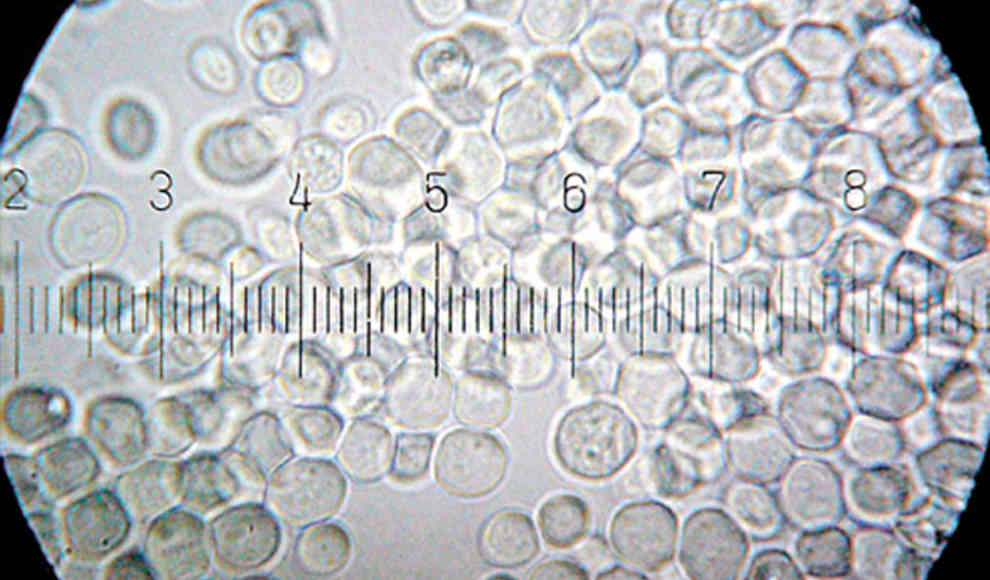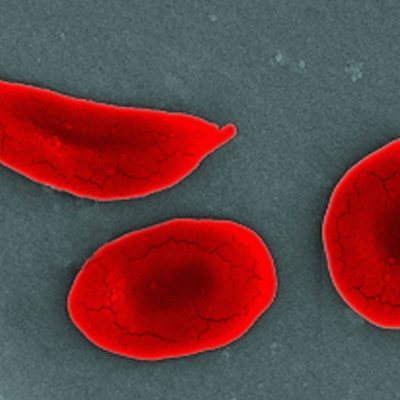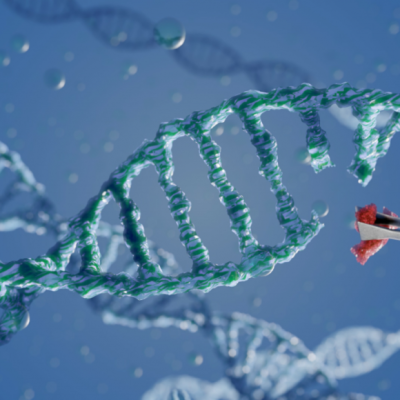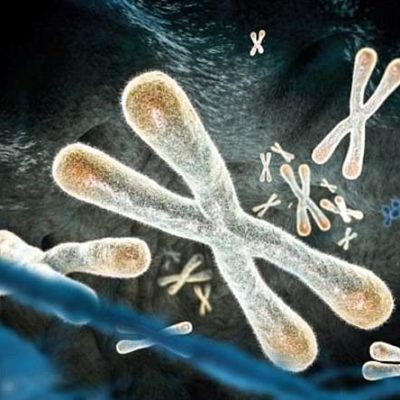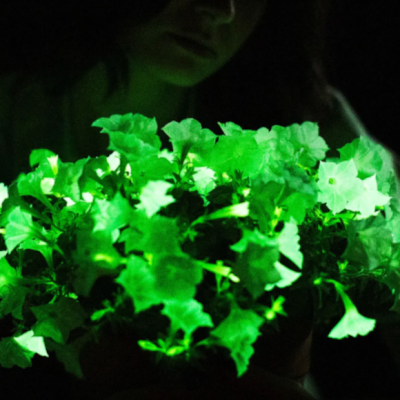In a groundbreaking experiment, biologists at Johns Hopkins University in Baltimore have successfully created artificial chromosomes in the lab. This is a significant step towards creating complex artificial life forms that can produce fuels, medicines, and other substances. The researchers were able to recreate the chromosomes of yeast, which carry the genetic information of all living organisms and form the foundation for building complex life forms. The artificial chromosome is indistinguishable from the natural chromosome and fully functional, according to the researchers.
The scientists built the third smallest chromosome of yeast, which consists of 316,000 base pairs, by removing unnecessary or duplicate base pairs in a computer simulation and adding markers that serve as a guide for modifying or deleting certain genes later on. The entire construction of the chromosome took seven years. The finished chromosome, called sny3, is slightly smaller than its natural counterpart but functions just as well. The researchers plan to determine which genes are necessary for the yeast’s survival in future experiments.
The rapid progress in synthetic biology, combined with the decreasing costs of DNA synthesis, makes it possible to build new eukaryotic genomes, including those of plants and animals, with synthetic chromosomes, according to the researchers. This breakthrough could lead to the creation of new life forms that can produce valuable substances for human use.


